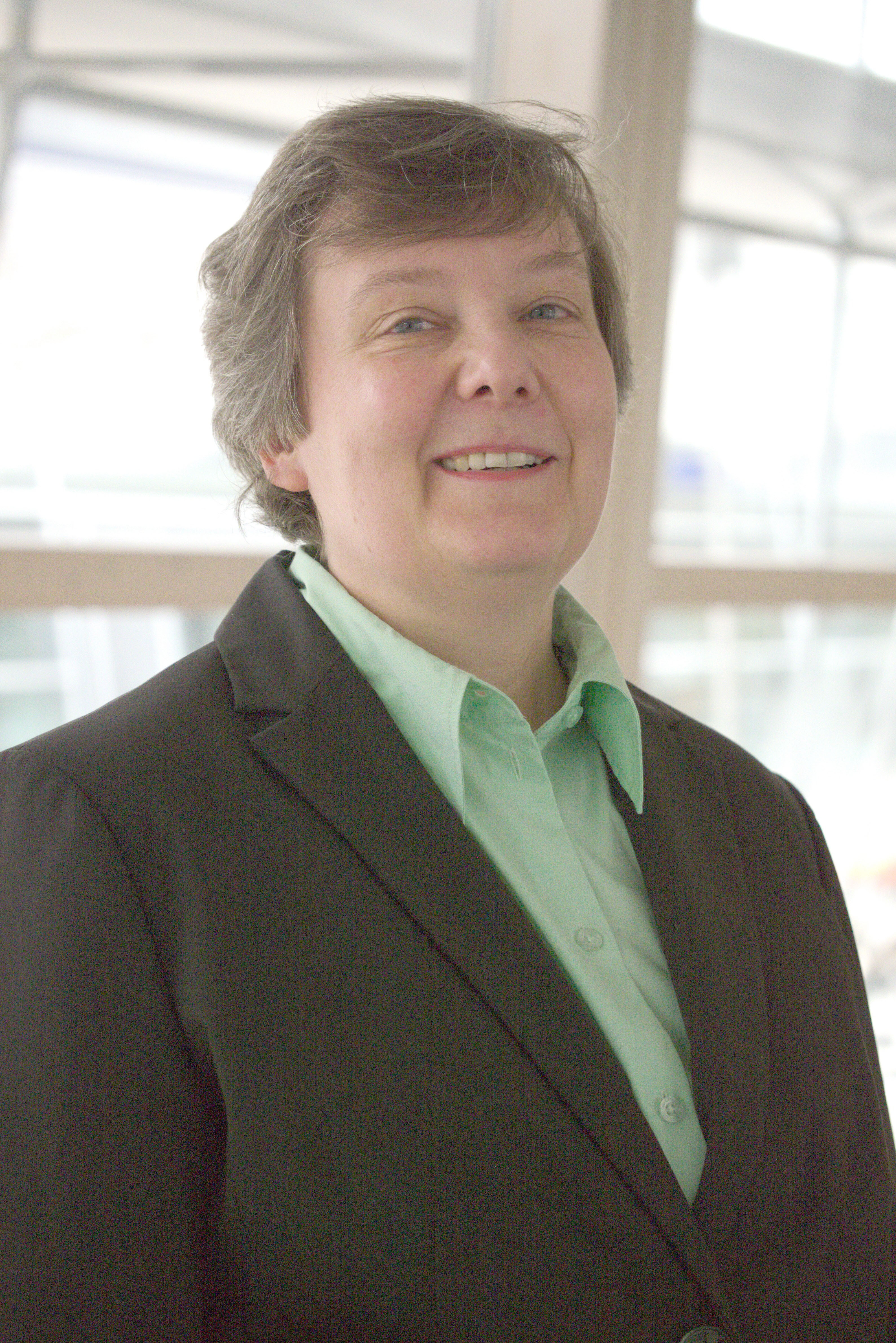Building Confidence in Mathematics
Building Confidence in Mathematics
| Course offered by: | Prof. Dr. Susanne Knobloch | ||
| Offering University: | TH Rosenheim | ||
| Course Language: | English | ||
| Subject Area: | Preparation Courses | Free of Charge | |
| Average Workload: | 30 hours | Free of Charge | Enrol |
| Picture Credits: Peter Andrew, Ken Heather | |||
What can you learn in this course?
Learning goals
The participants
- acquire mathematical basics for fundamental subjects such as business mathematics, statistics, business administration, health economics,
- acquire the ability to recognise mathematical correlations and interpret mathematical results,
- consolidate their logical thinking,
- are enabled to work out mathematical topics for themselves,
- strengthen their self-confidence in their ability to master mathematics,
- also become familiar with some German mathematical terms - at least in writing - and can thus follow a basic German mathematics lecture more easily.
Knowledge is imparted
- Basic arithmetic laws such as the rules of parentheses and powers, calculating and transforming fractions, transforming mathematical terms, calculating percentages and calculating with variables,
- about linear relationships, linear functions and their graphical representation and solving linear equations,
- about non-linear relationships and some basic types of non-linear functions including the corresponding function graphs and solving the corresponding equations,
- about number sequences (especially arithmetic and geometric sequences) and partial sums of number sequences and new sequences formed from them, the so-called series,
- about first and higher derivatives of a function and their applications, e.g. in the search for optimal points of a graph of a function.
Outline
Outline
1. Introduction to the Course
2. Why Maths Matters
3. Ratios and Percentages
4. Introduction to Algebra
5. Exponents and Powers
6. Functions and Graphs
7. Linear Equations
8. Quadratic Equations
9. Sequences and Series
10. Introduction to Calculus
Course offered by
Further authors

Susanne Knobloch
is a mathematician and an actuary. She has teaching experience in mathematics e. g. for engineers and for students of health care management, in insurance mathematics for mathematicians and in statistics for economists.

Ken Heather
lectures in Economics and Business at the University of Portsmouth in the UK. He has taught in various European Universities and in the USA. He is the author of a number of books in Economics. He has written and produced a large number of films in Economics, Statistics and Mathematics.
Target group
Target group
The course is intended for prospective students as well as for students who are already in their first semesters. The aim of this course is to encourage potential students to take up studies in which mathematics plays a significant role, such as business administration, management studies, industrial engineering, etc., even if their school mathematics lessons have given them the feeling that they will never understand mathematics. People in the beginning semesters receive encouragement and support if they "don't see a country" in the basic mathematics lecture. The online course offers the opportunity to close gaps in knowledge and to practise mathematical tools without having to reveal personal weaknesses in mathematics to lecturers or fellow students in the lecture hall or seminar room.
The course is intended to arouse the interest of foreign students in studying at a university in Germany, but also to make clear to them what mathematical knowledge and skills are required.
For German-speaking participants, the course promotes listening and reading comprehension of English colloquial and technical language.
It is important that this course can be used independently of an existing enrolment at a university in order to support a good start to studies. An online course offers very good opportunities for learning at an individual pace. Topics that are not understood can be repeated several times.
Confirmation of participation
In this course you can be awarded a certificate of participation. Please go through the entire 10 units and answer more than 80% of all tests and questions correctly.
